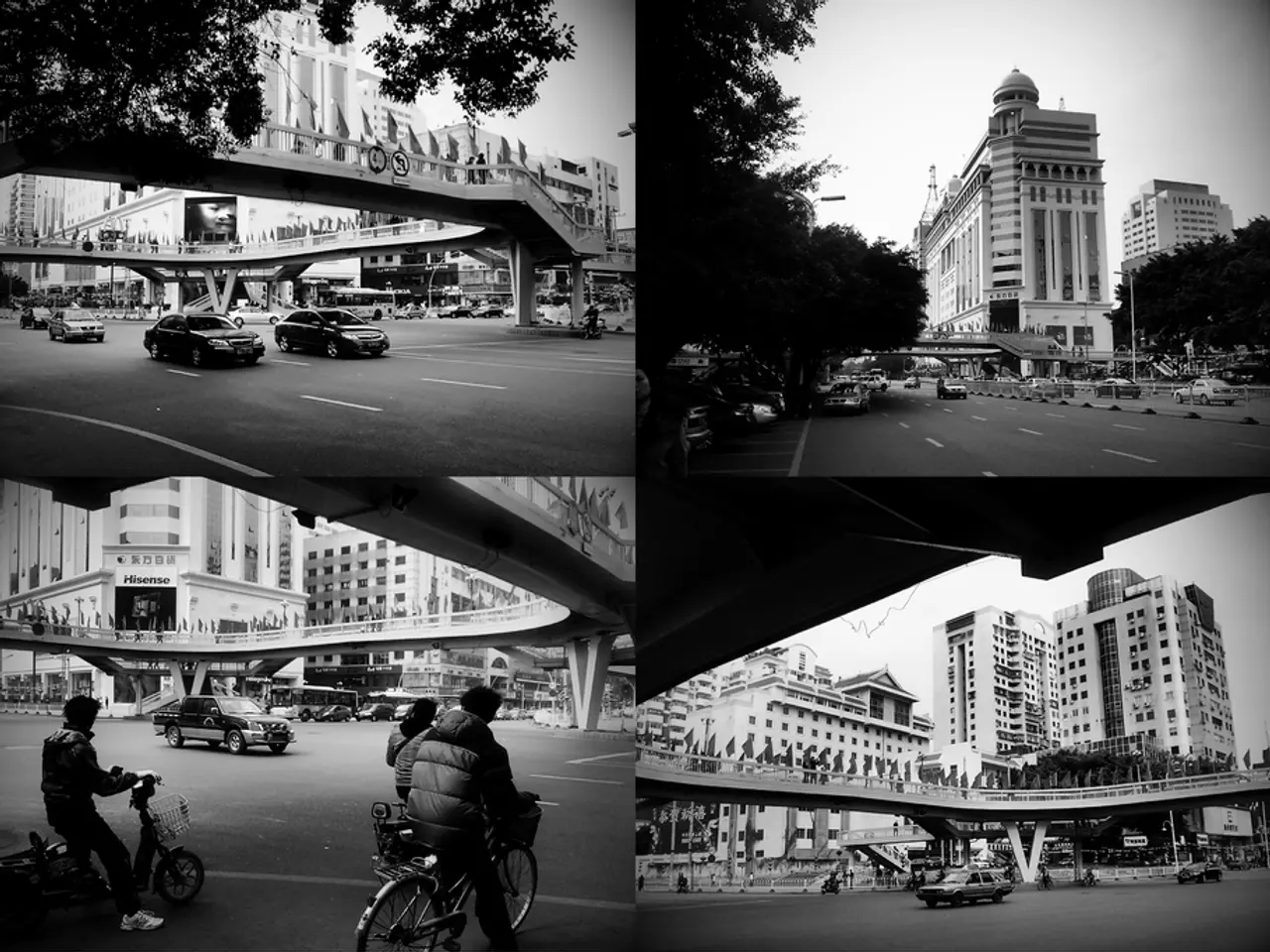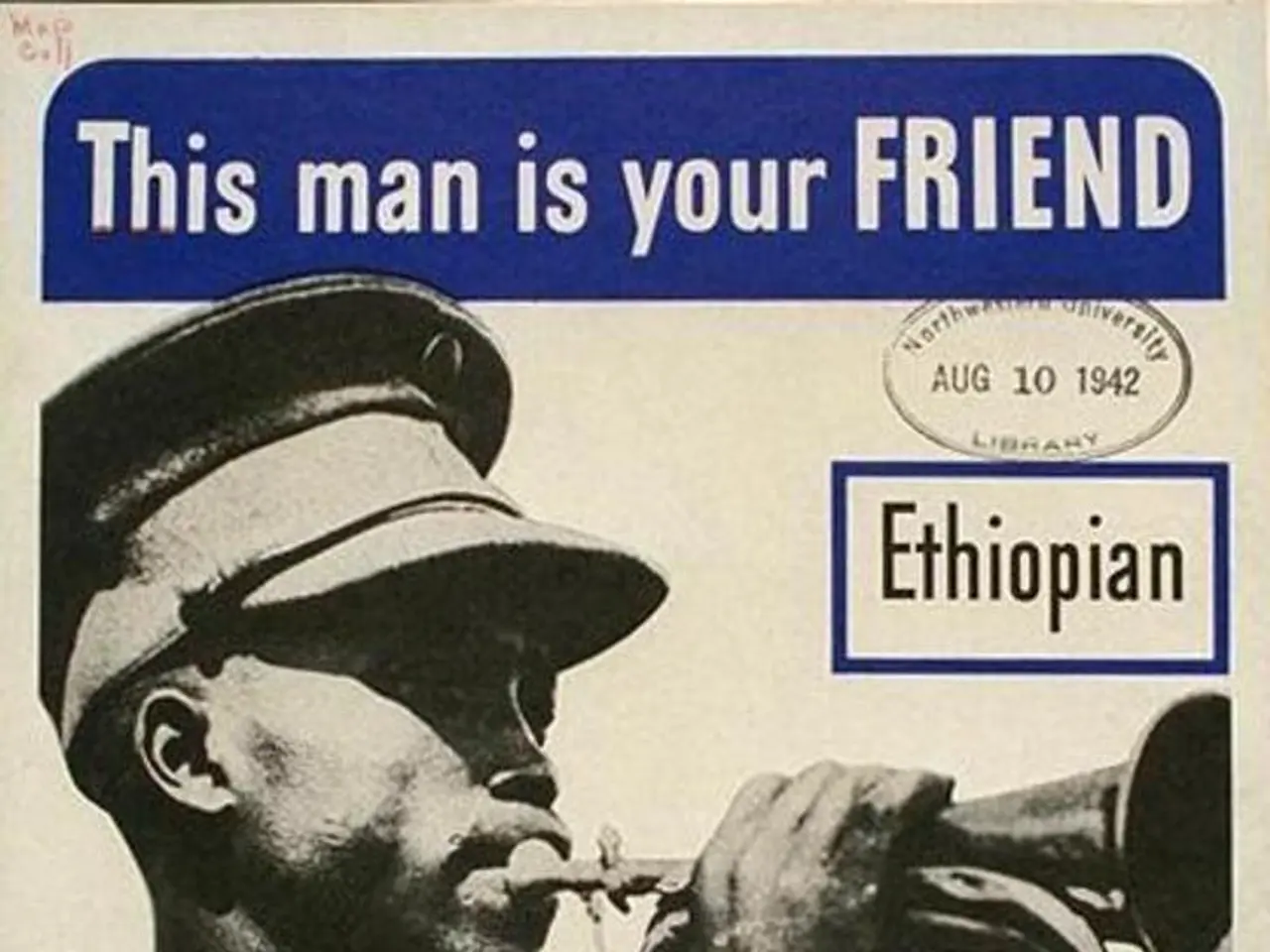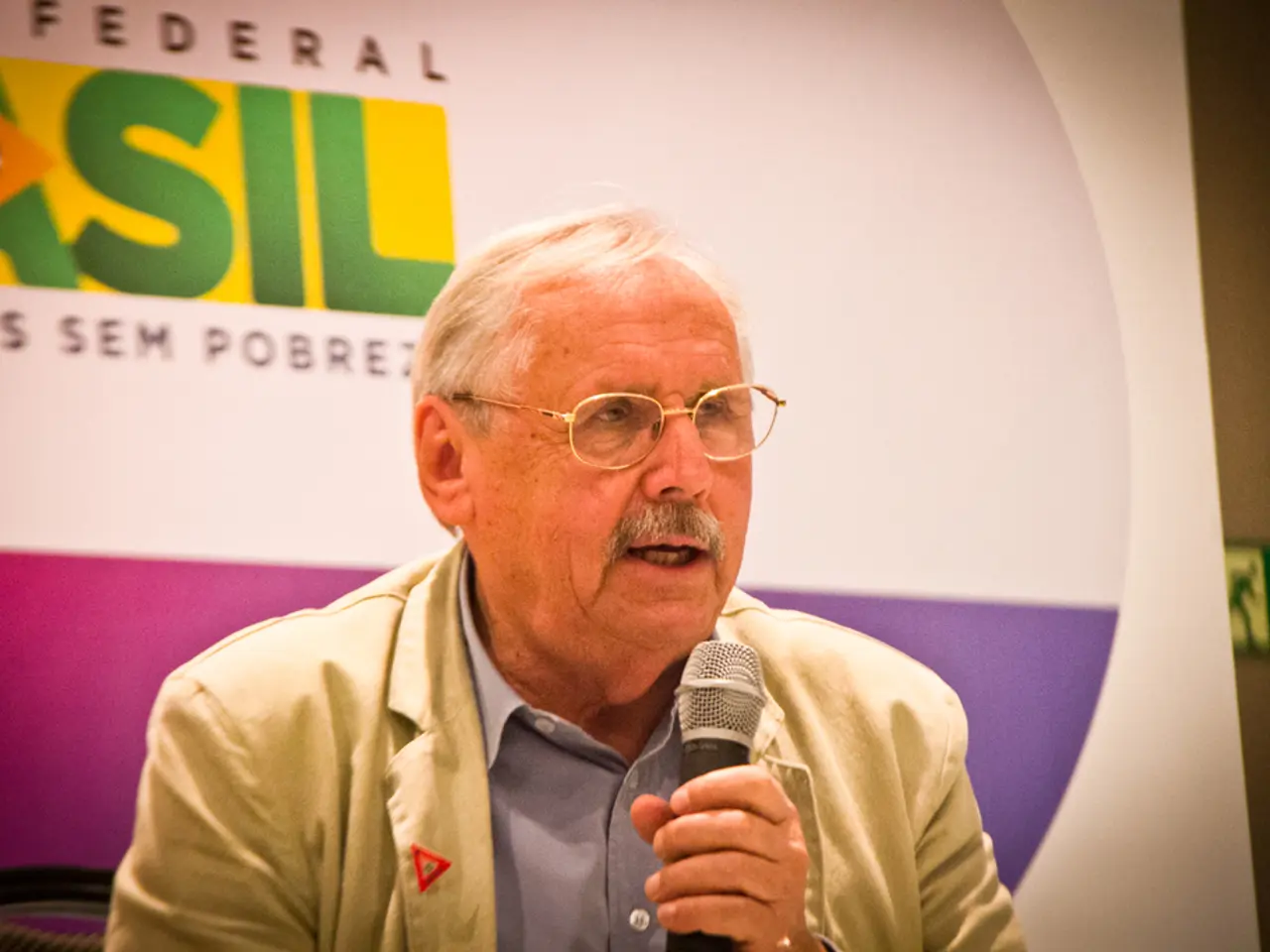Lawmakers in California expressing indignation over proposal to redirect gas tax funds towards exclusive lanes for the Olympics
California lawmakers are in a heated debate over the proposed diversion of gas tax revenue towards constructing VIP lanes on expressways for the 2028 Los Angeles Olympics[2][3]. This controversial plan has sparked significant opposition, particularly from California Republicans[1][4].
### Cost-effectiveness and Infrastructure Improvements
The primary purpose of gas tax revenue in California is to fund infrastructure improvements, including the construction of new infrastructure and the repair and maintenance of existing roads and highways[1]. The diversion of these funds to create VIP lanes for Olympic logistics is seen as a repurposing of existing lanes rather than improving or expanding the transportation network[1].
State Sen. Roger Niello highlighted that this diversion would not lead to actual infrastructure improvements, as the lanes converted for Olympic use would be returned to their original state after the games[1]. He suggested that if financial support for Olympic-related transport logistics is necessary, it should come through loans or other means rather than permanent reallocation of gas tax funds dedicated to broader road improvements.
California’s roads are historically underfunded and in poor condition, with a strong need for ongoing infrastructure repairs and upgrades[1]. Diverting gas tax revenues away from these needs to short-term Olympic projects raises concerns about the long-term impacts on road quality and state transportation infrastructure.
### Implications for 2028 Olympics and Beyond
The redirected gas tax funds target temporary VIP lanes aimed at optimizing traffic flow for Olympic visitors, but do not address systemic transportation capacity or maintenance[1]. Lawmakers prefer Olympic logistics to be funded by loans or other sources that can be repaid by the anticipated financial benefits resulting from the games, rather than reducing funds for essential road and infrastructure upkeep.
### Summary Table
| Aspect | Gas Tax Fund Diversion for Olympics | Traditional Gas Tax Usage | |-----------------------------|-------------------------------------------------------|-------------------------------------------------| | Funding Amount | $18 million+ diverted | Entire revenue used for infrastructure projects | | Purpose | Temporary VIP lanes for Olympic logistics | Road repair, infrastructure maintenance, upgrades| | Long-term infrastructure impact | No lasting improvements; lanes returned post-Olympics | Sustained improvement and repair of roadways | | Lawmaker stance | Opposition, advocate for loans instead of diversion | Generally supported uses aligned with gas tax purpose |
The current state budget directs $5 billion towards infrastructure overall[4]. California Senate Minority Leader Brian Jones criticized the diversion of gas tax revenue for the Olympics, stating that it is being used to chauffeur Olympic elites around Los Angeles[3].
### A Look at the Nation's Highest Gas Taxes
California's gas taxes are the highest in the nation, with Illinois and Pennsylvania rounding out the top three very close behind[4]. Niello suggested a loan as a preferred method for funding Olympic logistics, predicting that it could be easily paid off with the financial windfall the region is expected to receive[1].
In conclusion, the diversion of gas tax revenue for the 2028 Los Angeles Olympics VIP lanes is seen as not cost-effective in terms of infrastructure improvement since it reallocates funds meant for durable transportation infrastructure to a temporary and narrowly focused project[1]. This raises concerns about the opportunity cost of foregone road repairs and upgrades, with critics urging alternative funding solutions to support Olympic logistics while preserving critical infrastructure funding.
No detailed official cost-benefit or comprehensive infrastructure improvement analysis report from agencies or the state was found in the current search results[1]; however, the legislative and public discourse clearly highlights the tension between short-term event logistics and long-term infrastructure financing priorities.
The proposed "Games Route Network" for the 2028 Los Angeles Olympics mirrors what the United Kingdom did for London's 2012 Olympics[5]. The Newsom administration has hit back at the idea that the expenditure for the Olympics is misguided[6]. Governor Gavin Newsom, D-Calif., has also stated that people will be prosecuted to the fullest extent of the law in response to the riots in Los Angeles over ICE raids[7].
- The suggestion has been made by state senator Roger Niello that funding for Olympic-related transport logistics should come through loans or other means, rather than diverting gas tax funds dedicated to infrastructure improvements.
- The diversion of gas tax revenues away from road repairs and upgrades to short-term Olympic projects raises concerns about the opportunity cost of foregone infrastructure improvements and the long-term impacts on road quality and state transportation infrastructure.
- California's gas taxes are the highest in the nation, and the debate over the diversion of gas tax revenue for the 2028 Los Angeles Olympics VIP lanes raises questions about the cost-effectiveness of this decision in terms of infrastructure improvement.
- The proposed diversion of gas tax revenue towards constructing VIP lanes on expressways for the 2028 Los Angeles Olympics has sparked opposition from California Republicans, as they argue that alternative funding solutions should be explored to support Olympic logistics while preserving critical infrastructure funding.






